Neoprobe®
Gamma Detection System
Dependable. Simple. Accurate.
Guiding You To The Right Tissue

Exceptional Accuracy
Bluetooth probes deliver outstanding directionality and sensitivity, ensuring highly accurate localization of targeted tissue during gamma detection procedures.1

Effortless Operation
The Neoprobe® GDS provides quick, easy startup with no calibration, no preventative maintenance, and one-touch remote count functionality from within the sterile field.

Clinical Advantages
Bluetooth capability provides advanced data to the surgeon when both 99mTc and 125I have been administered simultaneously. The Neoprobe® GDS will provide individual counts for each isotope as well as a filter indicating whether the user is closer to the injection site or a radio seed, all in real time.

Flexibility
Whether it’s lesion localization or Sentinel Lymph Node Biopsy (SLNB), the Neoprobe® GDS is an ideal solution for your breast cancer patients. Additionally, the Neoprobe® GDS has expanded use outside of the breast for SLNB including melanoma, parathyroid and other cancers.
With over 20 years of excellence and five generations of products, the Neoprobe® GDS is a system you can trust.1,2
- The probes deliver highly accurate localization of target tissue
- Detects six isotopes
- Target counts and 10-second counts can both be performed remotely from any of the Bluetooth probes
- No calibration or preventative maintenance required
- Custom-made, medical grade cart available for console and probes
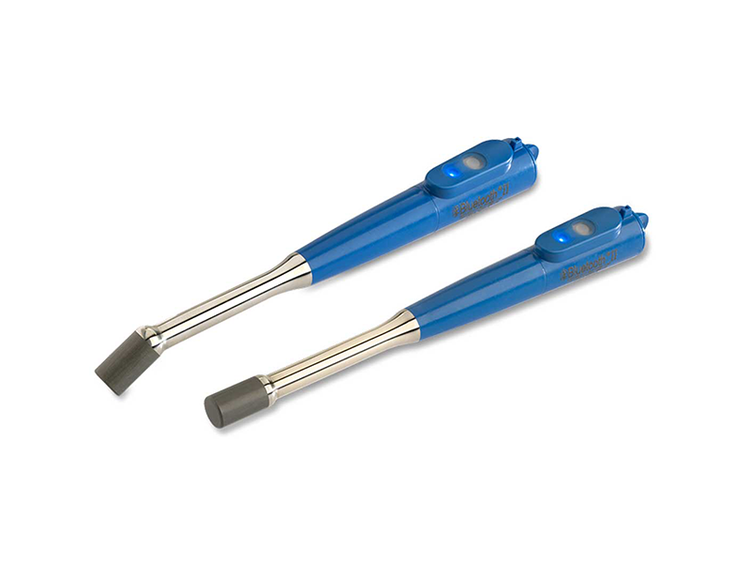
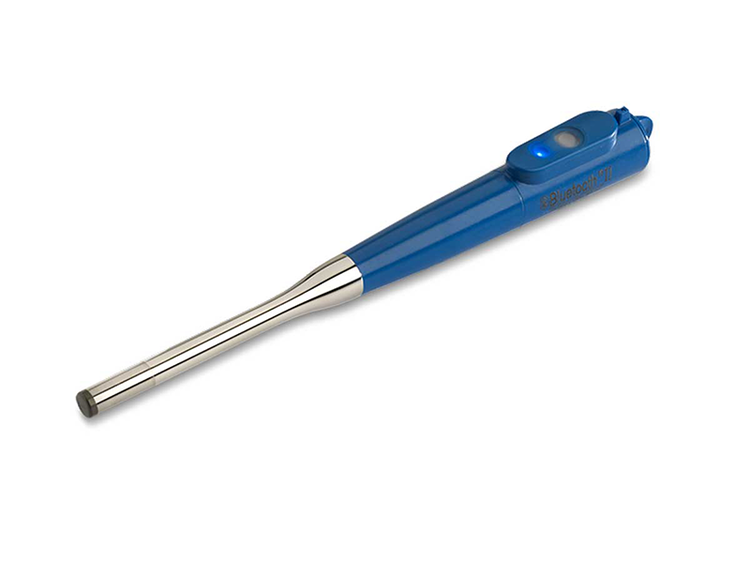
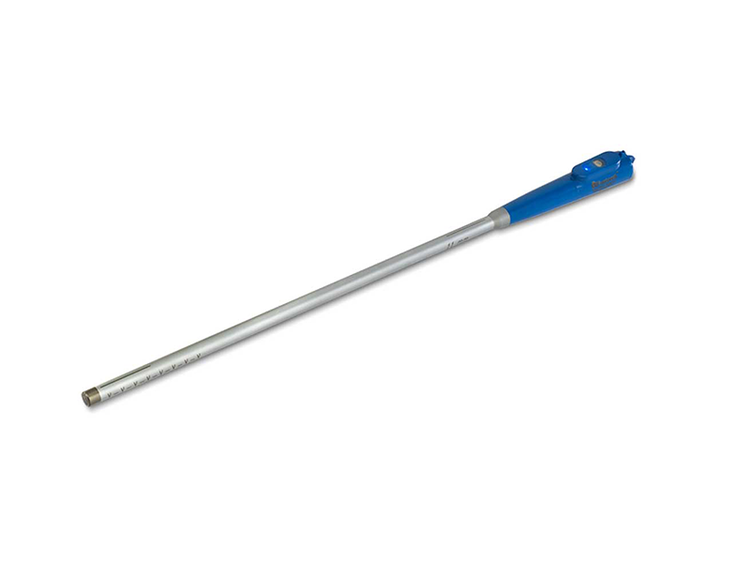
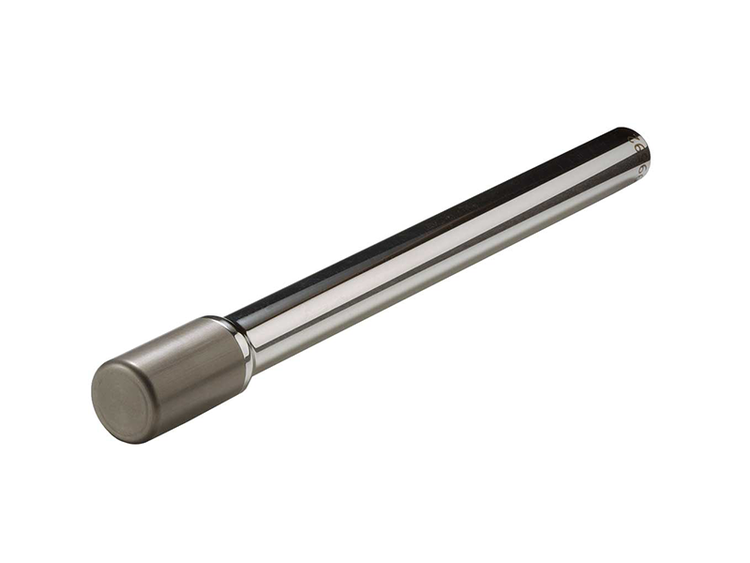
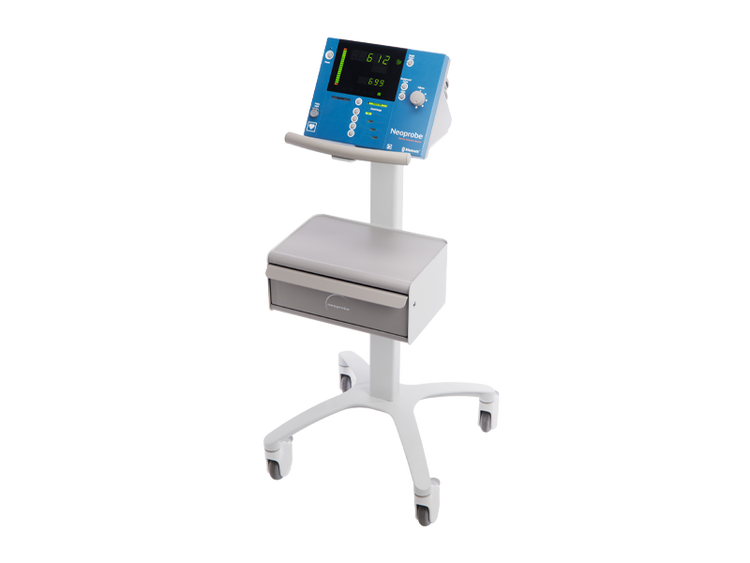
Would you like more information about the Neoprobe® GDS?
Frequently Asked Questions
How often must the Neoprobe® system be calibrated to ensure optimal performance?
Never. The Neoprobe® system does not require calibration nor preventative maintenance.
For which cancers does the Neoprobe® system have utility?
The Neoprobe® system is useful for breast, melanoma, prostate, and limited applications for cervical, and head and neck cancers. It is also used for parathyroid procedures.
What are the base components required to operate the Neoprobe® GDS?
The Neoprobe® GDS consists of a console, probe, battery (for wireless bluetooth probe), and the power cord.
What radioisotopes can be detected using the Neoprobe® GDS?
The Neoprobe® GDS can detect the following isotopes: 99mTc, 125I, 57Co, 111In, 131I, 18F, and has an ‘Open’ setting.
Related Products

Mammotome® Markers
Offering clinicians the most comprehensive portfolio available, providing a customized solution for every breast biopsy need.
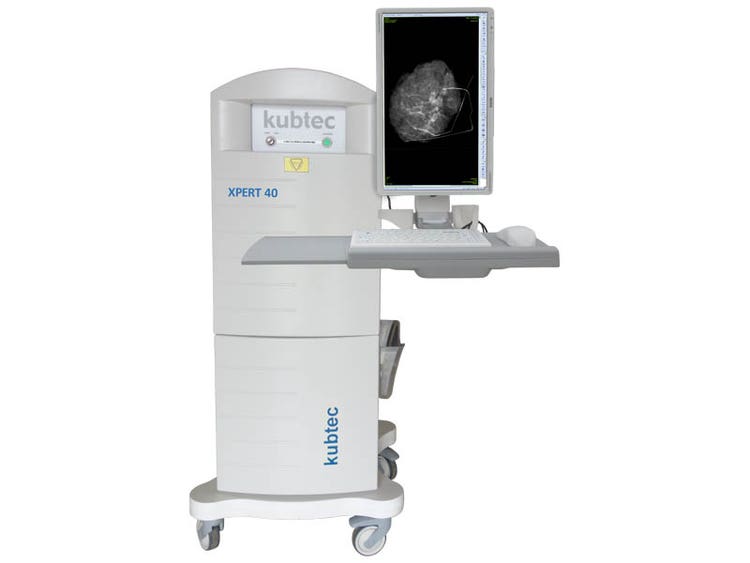
XPERT® 40
When you need to identify fine details, in a wide range of specimens, in a short amount of time.
1. Data on file- FDA 510k # K971167 from 1997 based on historical sales data and market size.
2. Per Augsburg Gamma Probe Study, 2006 (H. Wengenmair et Al.)



